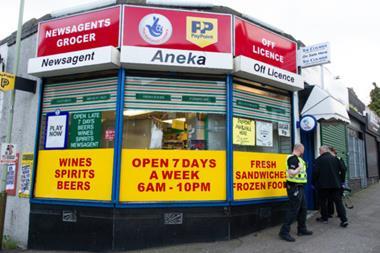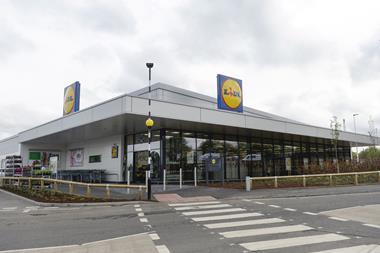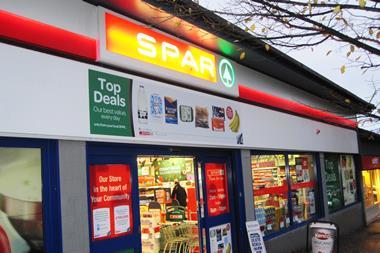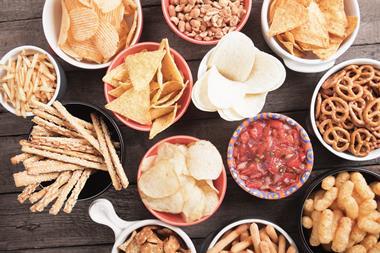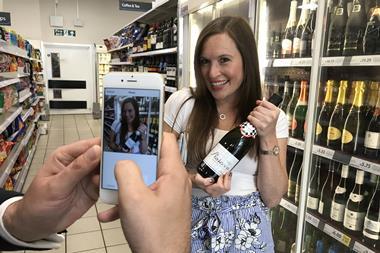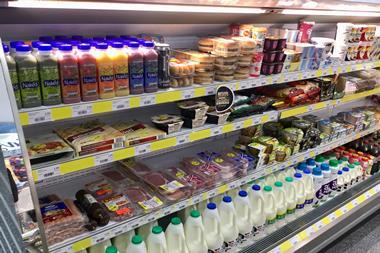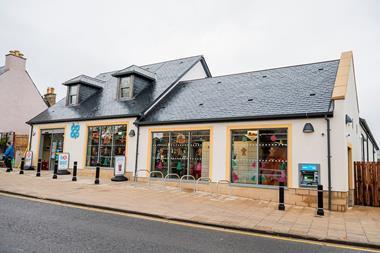Student special: Costcutter Brunel University, London

Costcutter Brunel University is making the most of seasonal trends and peaks in student numbers, under the capable hands of store manager Arnaud Leudjou.
ALREADY HAVE A REGISTERED USER ACCOUNT? PLEASE LOG IN HERE
To read the full story join the ConvenienceStore.co.uk community today!
Registration is quick and easy and provides access to:
- Unlimited ConvenienceStore.co.uk articles
- Our great range of newsletters
- Content you’ve saved for later via the ‘my library’ feature
And much more…




















